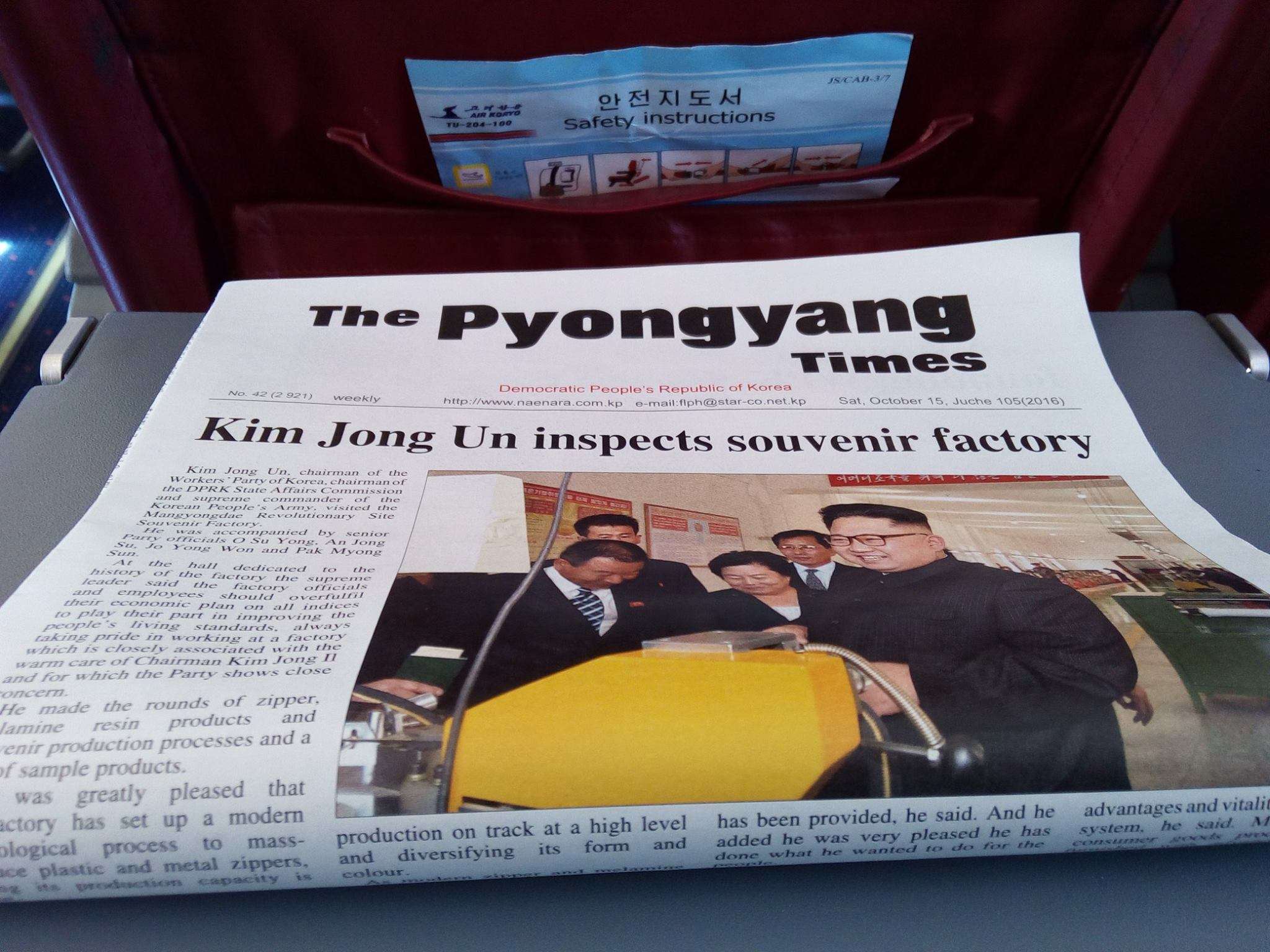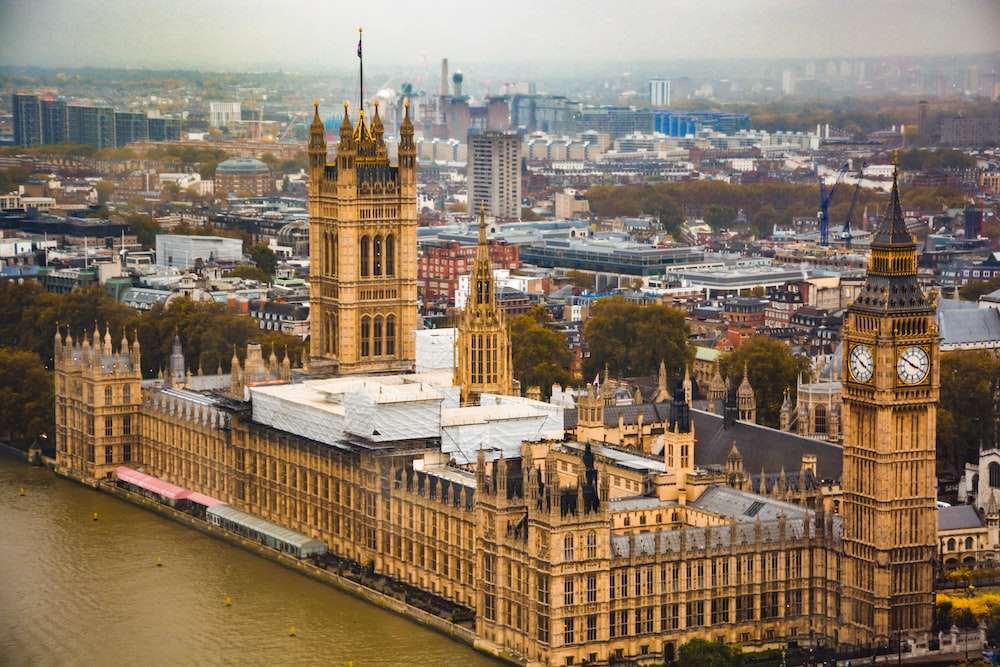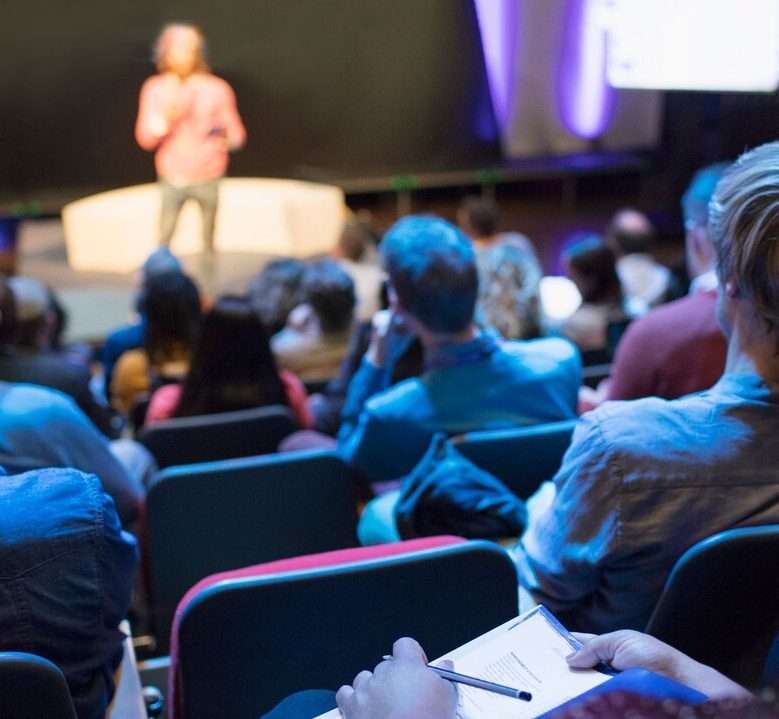Visiting a sanction listed country is probably not something every compliance officer would do, and almost certainly something that wouldn’t get approved as a business expense. That said, taking a tour of North Korea (or the Democratic People’s Republic of Korea as they prefer (DPRK)) was a fascinating and enlightening experience.
The first evidence of how international sanctions coupled with the reclusive nature of the DPRK would impact my trip came straight away. I had only one option of flying into Pyongyang International Airport via Beijing on the DPRK’s state airline – Air Koryo. The Tupolev Tu-204 was mostly empty with only a handful of the 150 or so seats filled and the complimentary “Air Koryo Burger” was everything you imagine a refrigerated fried chicken burger could be.
We were, of course, the only flight arriving into the airport. With international sanctions limiting the amount of fuel that the DPRK is allowed to import and banning any DPRK national from working overseas, there is no need for multiple flights into the vast and modern Pyongyang International Airport. There was no risk of a swift jaunt through immigration as all luggage was forensically inspected, including all photos stored on your phone.
As we travelled into Pyongyang (and even more so around the rest of the country) the impact of fuel sanctions was evident to see. I’d never witnessed trucks part powered by a wood fire on the back before but this was the norm here. As a result the bicycle is the preferred mode of transport (although this probably has deeper roots in communism and poverty than recent sanctions). The cities in DPRK have wide carriageways and pavements built for huge volumes of traffic that were noticeably not in attendance.
The impact of the 2006 UN resolution banning “luxury goods” from being imported to the DPRK was probably the most obvious to identify. This resolution never provided a definition of what could be considered a luxury good, leaving this to the judgement of each member state and respective organisation who for the most part have, naturally, taken a risk averse approach. This results in strange gaps in the daily consumables we would take for granted, such as a cup of instant coffee being almost impossible to obtain. If you are lucky enough to stumble upon somewhere offering “luxury” cups of coffee then expect to pay a high price for the privilege.
Due to the DPRK’s strict control over the population through the official Juche ideology, it was almost impossible to gauge whether the general population of the country were impacted in their daily life by the sanctions imposed, or if not, whether they would have had the opportunity to engage in luxury cups of coffee anyway. Throughout my travels in the country I was guided to a variety of shops and restaurants but there were rarely any other people in the venues and you’d be forgiven for being suspicious that some had been opened especially for our visit.

One thing the DPRK has an abundance of is large ornate bronze and stone statues, be it of the Great Leaders (Kim Il Sung and Kim Jong Il) or strong imagery of the workers of DPRK. This regular creation of large scale work makes North Korean statue makers some of the most skilled in the world and, in a bizarre twist, the regular subject of sanctions evasion attempts. Obtaining foreign investment is incredibly difficult for the DPRK regime, so exporting skilled labour in the niche market of large bronze statues is a useful revenue stream and is exactly why since 2017 North Korean nationals have been prohibited from working abroad by UN Resolution. However, there are plenty of countries in the world with leaderships that value a good bust over international sanctions being breached and therefore the black market trade of talented bronze working human resources for hard currency is alive and well.
If the goal of sanctions was to create an atmosphere of bitterness towards the leadership from the population, it seemed to have failed miserably. Perhaps due to the state control of media and consistent, albeit blunt, propaganda regarding the outside world. Sanctions have had, if anything, the opposite effect and seemed to intensify the resolve of DPRK against the injustice of the world controlled by the evil American empire. The Great Leader’s had promised a bowl of cabbage soup a day for all workers, and the delivery of this promise seemed good enough for the farmers and other citizens I spoke with.
The experience I had in DPRK was, of course, curated and controlled by the state so I am not writing this from a position of some daring undercover investigative journalist. But as I departed the country through the same eerily empty airport, I reflected upon what I was shown as the best that the country had to offer; the International Friendship Exhibition where every gift the Great Leaders received is displayed (be it a bullet proof train or a commemorative plate from a miners strike), listening to the Beatles in the Pyongyang library or attending a circus with a bicycle riding bear are just a few examples. I think what they want to show you is as telling as what they want to hide.



